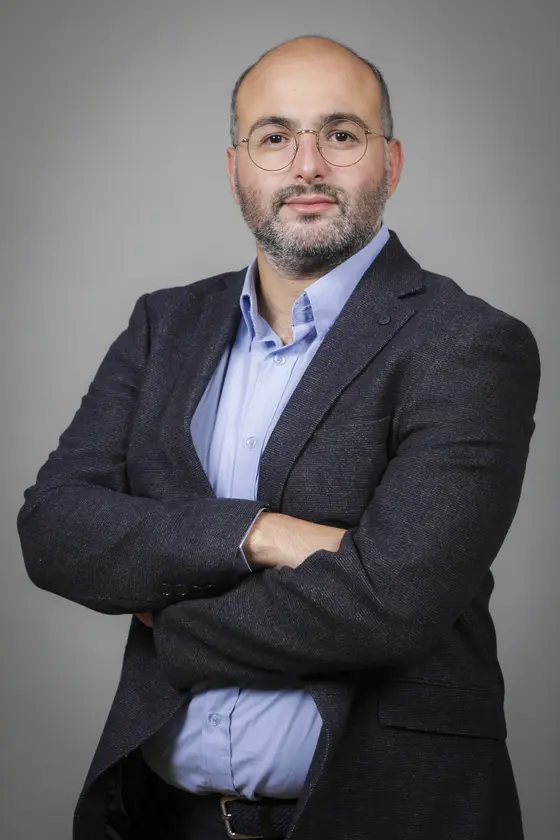How do lifestyle factors affect our health? Bernard Srour has devoted his entire scientific work to this question. The epidemiologist gained international recognition with his research on the connection between the consumption of highly processed foods and chronic diseases. As part of the French “NutriNet-Santé Study“, Srour investigated whether the degree of food processing and formulation has an impact on the risk of developing cardiovascular disease, type 2 diabetes, obesity or cancer.
As a postdoctoral researcher at the DKFZ, Bernard Srour is now investigating whether certain metabolic biomarkers - individually or in combination - allow predictions to be made about which chronic diseases will affect a person and what life expectancy they can expect. Srour's aim is to establish a score system that can be used clinically to identify individuals at risk: People with an unfavorable score, for example, should perceive more personalized prevention strategies. With his approach, Srour also wants to help better define a “healthy metabolism“ - before chronic diseases occur, the incidence of which has exploded in recent decades due to unhealthy lifestyles.
This study is being carried out on part of the EPIC Heidelberg cohort. EPIC, the “European Prospective Investigation into Cancer and Nutrition“, investigates the links between nutrition and the incidence of cancer and other chronic diseases throughout Europe.
Bernard Srour initially obtained a doctorate in pharmacy at the Université Saint-Joseph in Beirut in 2011. He then studied Public Health/Epidemiology at the University of Bordeaux. After obtaining his Master's degree in 2015, he enrolled in a doctorate (PhD) in these subjects at the Université Sorbonne Paris-Nord, which he obtained in 2019.
The Fondation Bettencourt Schueller awards 14 prizes each year to postdoctoral students in the life sciences and medicine. The awards, each of which carries a prize money of 25,000 euros, were presented in Paris on November 30.



